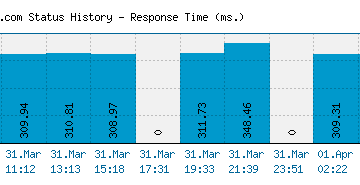Spotify Implements Age Verification to Enhance User Safety
Importance of Age Verification in Digital Services
As online platforms continue to grow, ensuring a safe environment for users of all ages has become increasingly important. Spotify, a leading music streaming service, has recognised the need for robust age verification to comply with legal requirements and enhance user protection.
Recent Developments in Spotify’s Age Verification
In 2023, Spotify announced the implementation of a new age verification system aimed at restricting access for underage users to certain content and features. This move is a response to increasing regulatory scrutiny and concerns over the exposure of young users to inappropriate content.
The age verification process requires users to provide their date of birth when creating an account. Users will also encounter additional verification steps when attempting to access explicit content or age-restricted playlists. This aims to discourage minors from accessing material unsuitable for their age group. According to Spotify, the initiative is part of a broader strategy to continue fostering a safe platform for all listeners.
Implications for Users and the Industry
For users, these age verification measures mean that they may face limitations on certain content until they verify their age. This could lead some to seek alternative platforms that do not implement such strict controls. However, Spotify argues that the safety of its community is paramount and that these measures will create a more responsible environment for users of all ages.
The streaming industry as a whole is closely observing Spotify’s approach to age verification. If successful, it may inspire similar actions from competitors, thereby setting industry standards. With other platforms also facing legal pressures and public scrutiny regarding the protection of minors online, Spotify’s initiative could initiate a domino effect across the digital landscape.
Conclusion: A Step Forward for User Safety
Spotify’s age verification measures reflect a significant step towards ensuring the safety of its users. By actively addressing the challenges of content accessibility for minors, Spotify not only complies with legal standards but also reinforces its commitment to user safety. As digital platforms continue to evolve, the enforcement of age verification could likely become a standard practice across the industry, promoting responsible usage patterns for the next generation of listeners.







